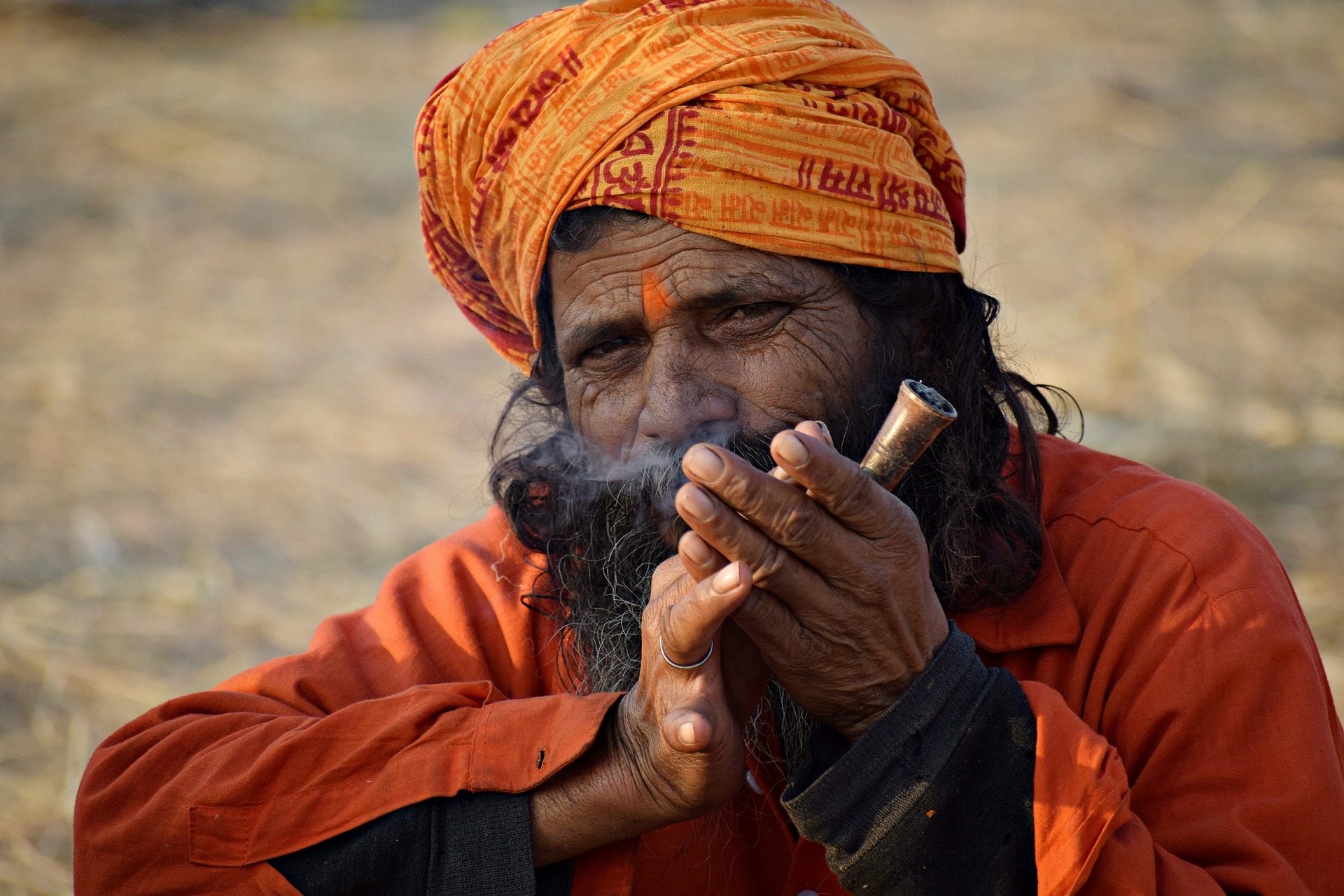To fully understand the Buddha's teachings, It is essential to place them in the context of the society in which they were born. Siddhartha Gautama, known as the Buddha, lived in the sixth century AEC In what we know today as the northeast of India and Nepal. This period of history was an era of profound social transformations, religious and philosophical in the Indian subcontinent, marked by the search for answers to fundamental questions about existence and the meaning of life.
Indian general panorama in the eighth century AEC
The eighth century AEC numerous philosophical and religious currents emerged. This period is known as the era of “Late Upanishads” and of the “Śramanic schools”. The society of the time was marked by deep spiritual reflection, in which old Vedic beliefs were questioned and new ideas about the nature of existence were explored, the suffering, and the liberation.
In this context, India was divided into multiple kingdoms and republics known as mahajanapadas. It was a period in which small kingdoms and republics were politically unstable., and wars between them were common, which contributed to a climate of uncertainty and search for both material and spiritual stability. These city-states competed for power and influence, and some of them stood out for their economic and military advances. Among the most important was Magadha, a kingdom that would eventually become the epicenter of the rise of Buddhism.
Vedic Religion and the Brahmanic Caste
The predominant religion in India at that time was Vedic Hinduism., based on the Vedas, sacred texts that had been composed centuries before and that constituted the pillar of religious and social culture. Vedic ritualism was dominated by the Brahmanical caste, the priestly class that played a central role in society. The Brahmins were the only ones who had the knowledge and the right to perform the rituals and sacrifices that were believed, They maintained cosmic order and ensured the prosperity and well-being of society..
Introduction to Vedic Religion
To fully understand the Buddha's teachings, It is essential to place them in the context of the society in which they were born. Siddhartha Gautama, known as the Buddha, lived in the sixth century AEC In what we know today as the northeast of India and Nepal. This period of history was an era of profound social transformations, religious and philosophical in the Indian subcontinent, marked by the search for answers to fundamental questions about existence and the meaning of life.
Indian general panorama in the eighth century AEC . . .
| The full content of this section is only available to members, Registration is free, accede with your username or high dates. |
It is in this environment of intense spiritual search and questioning of established norms that Siddhartha Gautama was born and began his path to enlightenment.. As prince of the Shakya clan, Siddhartha grew up in a context in which he was exposed to both Brahmanic teachings and the new śramanic ideas that were developing.. His subsequent renunciation of palace life and his spiritual search can be understood in part as a response to this rich and conflictive religious and philosophical scene..
The Influence of Economy and Society on Religious Thought
In addition to the religious and philosophical context, The economic and social development of the region also played a role in shaping the thinking of the time.. The eighth century AEC He saw the emergence of larger cities, greater trade, and the establishment of trade routes connecting various parts of India and beyond. This economic expansion brought with it greater social mobility and the emergence of a new class of merchants and artisans who began to question the caste system and seek more accessible spiritual alternatives..
The development of cities also encouraged the creation of monasteries and monastic communities., that offered refuge to those who wanted to withdraw from secular life and dedicate themselves fully to spiritual search. These monasteries became centers of philosophical teaching and discussion., where the ideas that would eventually be codified in the different philosophical and religious schools were debated and refined, including Buddhism.
Conclusion
The historical and cultural context of India in the seventh century AEC It was fundamental for the emergence of Buddhism. It was a period of questioning of established religious traditions, marked by the search for answers to the fundamental problems of human existence. The life of Siddhartha Gautama and his path to enlightenment cannot be fully understood without recognizing the rich and complex spiritual atmosphere, social and political in which he lived. This environment not only influenced his awakening, but also provided the fertile soil in which his teachings could take root and flourish..

